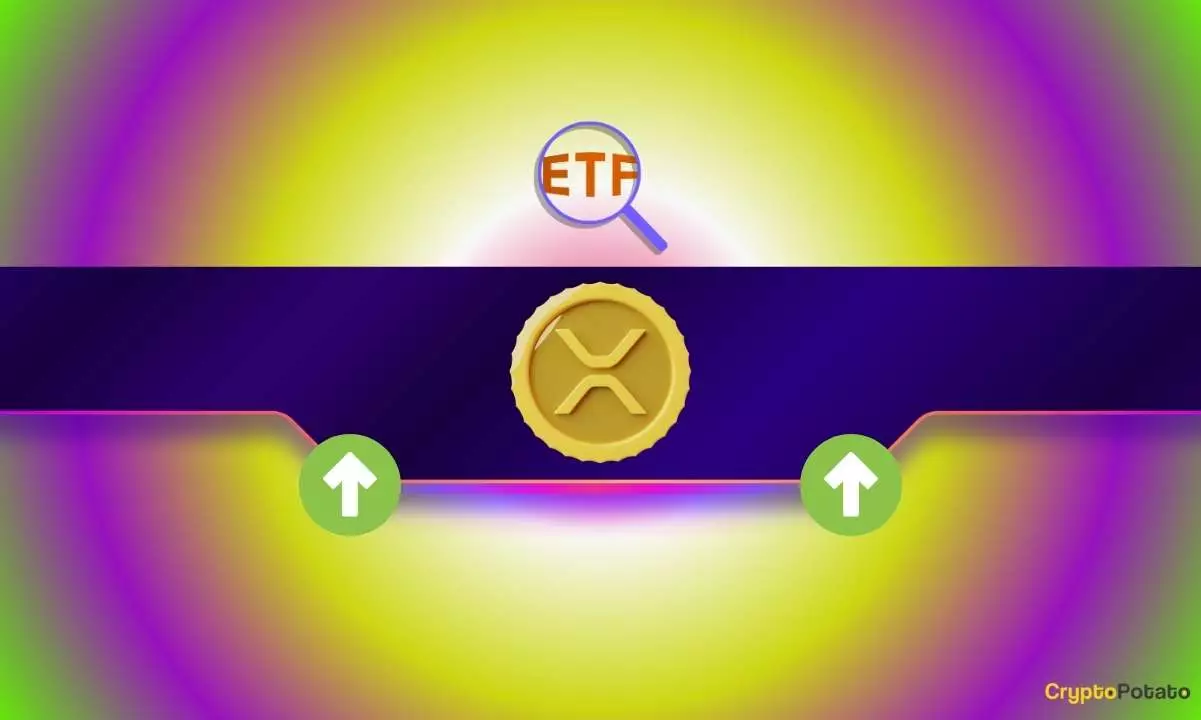In recent months, the ripple has grown louder around the potential launch of a spot XRP exchange-traded fund (ETF) in the United States, drawing significant attention from financial institutions and investors alike. With leading companies such as Grayscale, Bitwise, and 21Shares putting forth their applications, the case for an XRP ETF has gained momentum. This moment marks a critical juncture for XRP and its positioning within the rapidly evolving cryptocurrency landscape.
A pivotal development was the confirmation of Grayscale’s application by the U.S. Securities and Exchange Commission (SEC), which recently posted the filing to the Federal Register. This official action outlines the timeline for the SEC’s review process, granting the agency until October 18 to affirm or deny the application. The announcement triggered exuberance among XRP supporters, many of whom are convinced that the regulatory approval of an ETF is not just likely, but inevitable. Ripple’s CEO echoes this sentiment, reinforcing beliefs within the community about a favorable future for an XRP ETF.
Currently, market analysts and betting platforms such as Polymarket indicate a rising probability of approval for the ETF, suggesting an 81% chance it could occur before the end of 2025. However, the prospects by mid-2024 remain less optimistic, hovering at around 45%. This divergence in timelines reflects the uncertainty inherent in regulatory decisions, especially with the SEC’s evolving stance on crypto assets.
Interestingly, while attention is concentrated on the U.S. market, Brazil’s regulatory body has made headlines by approving the world’s first spot XRP ETF. This significant move has led to a short-lived surge in XRP’s price, which briefly approached $2.75 before settling around $2.67. Nevertheless, analysts believe that a U.S. approval would wield a far more substantial influence on the cryptocurrency market than developments in Brazil or elsewhere. The U.S. is the world’s preeminent financial market, and a sanctioned XRP ETF could facilitate access for a larger base of institutional and retail investors.
The implications of this potential ETF launch extend beyond the XRP community. As the SEC showcases its willingness to embrace such financial products, it could signal a broader commitment to regulatory clarity within the crypto sector. The recent leadership shift at the SEC, with Gary Gensler’s departure and Mark Uyeda taking the helm, further adds intricacy to this landscape, as a pro-crypto stance from the commission could pave the way for a more favorable environment for crypto investments.
The anticipation surrounding the XRP ETF is reflective of a larger trend within the cryptocurrency ecosystem—a push towards mainstream acceptance and adoption. The approval of such financial products could serve to legitimize digital assets in the eyes of traditional investors and pave the way for new capital flows into the sector. As stakeholders await regulatory decisions, the collective hope within the XRP community underscores a critical truth: the pathway to wider acceptance is fraught with challenges but also abundant with opportunities. Whether or not the anticipated approval comes to fruition remains to be seen, but the momentum surrounding XRP and ETFs has undoubtedly set the stage for a transformative chapter in the cryptocurrency narrative.

